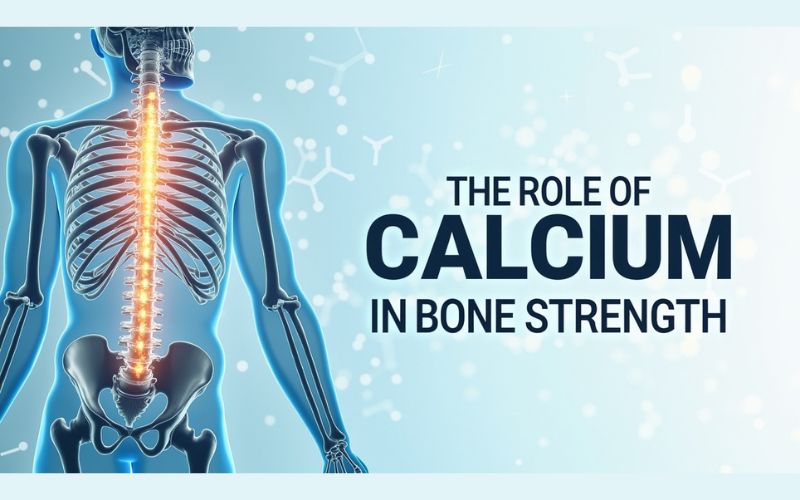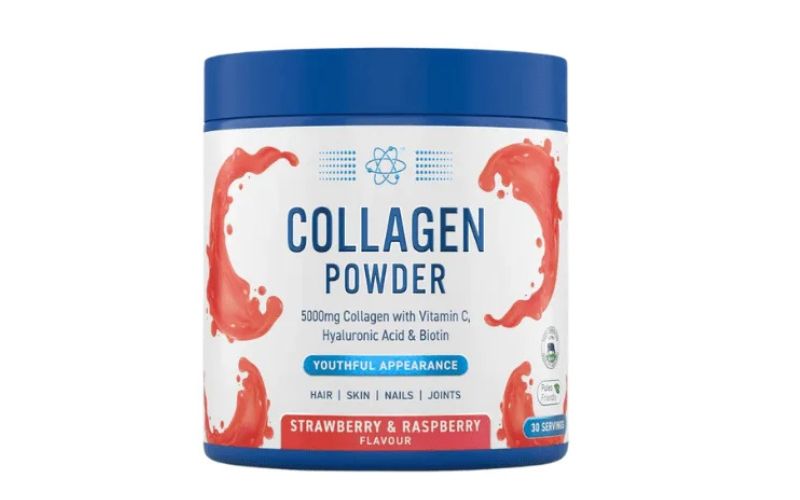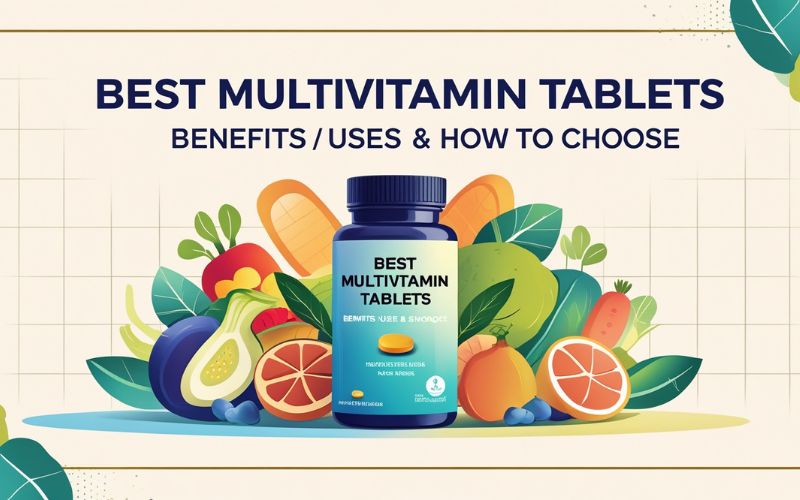When it comes to strong and healthy bones, calcium is the first nutrient that comes to mind. It’s the most abundant mineral in the human body and is directly responsible for keeping your skeleton dense, resilient, and resistant to fractures. Yet, despite its importance, calcium deficiency remains one of the leading causes of weak bones and osteoporosis worldwide. Let’s explore how calcium truly supports bone strength, the daily requirements, and the best ways to ensure optimal intake in 2025.
Table of Contents
Why Calcium is Essential for Bone Health
Nearly 99% of the calcium in your body is stored in bones and teeth. It provides the structural framework that gives bones their hardness and resilience. Without sufficient calcium, the body pulls it from the bones to support other functions like muscle contractions and nerve signaling, gradually weakening skeletal integrity.
This is why essential blends like those found in multivitamin & minerals supplements often include calcium to support bone health at every stage of life.
How Calcium Supports Bone Strength
Bones are not static — they undergo constant remodeling through processes of breakdown (osteoclast activity) and rebuilding (osteoblast activity). Calcium plays a critical role in this cycle by helping form the mineralized matrix that keeps bones dense and strong.
For athletes, or anyone putting heavy stress on the body, calcium becomes even more important. Supplements from the strength & endurance range often complement calcium intake by supporting recovery after intense training.
Daily Calcium Requirements
The amount of calcium you need depends on age, gender, and lifestyle.
- Children & Teens: 800–1,300 mg/day (peak bone-building years).
- Adults: 1,000 mg/day.
- Women 50+ and men 70+: 1,200 mg/day (to reduce osteoporosis risk).
Timing also matters. For guidance on when supplements work best, see our blog on the best time to take supplements.
Best Natural Sources of Calcium
Diet remains the most effective way to meet your calcium needs. Top food sources include:
- Dairy products: milk, yogurt, cheese.
- Leafy greens: kale, spinach, bok choy.
- Fortified foods: cereals, plant-based milks.
- Fish with edible bones: sardines, salmon.
For holistic bone support, pairing calcium-rich foods with omega-3 supplements improves joint health and reduces inflammation.
Calcium Supplements for Strong Bones
When diet alone doesn’t provide enough, supplements can fill the gap. Common forms include:
- Calcium carbonate: Best absorbed with meals.
- Calcium citrate: Absorbs well even on an empty stomach.
A practical choice is Collagen Powder 165g Flavoured, which not only supports joints and skin but also complements calcium intake for skeletal health.
Common Myths & Mistakes About Calcium
Calcium is vital, but misunderstandings often lead to misuse:
- Myth: Only older adults need calcium. In reality, it’s crucial at every stage, especially during growth.
- Mistake: Taking calcium without Vitamin D, which limits absorption.
- Mistake: Over-supplementation, which may cause kidney stones.
To avoid poor-quality products, always check our authenticity guide before buying.
Expert Tips for Maximizing Calcium Absorption
Calcium is most effective when absorbed efficiently. Experts recommend:
- Pairing calcium with Vitamin D and magnesium for better utilization.
- Spreading intake across the day rather than in one large dose.
- Combining with resistance training to strengthen bones naturally.
For athletes, stacking calcium with high-quality protein options from the whey protein range supports both muscle and bone health.
Conclusion
Calcium is the cornerstone of bone strength and density, essential for preventing fractures, supporting athletic performance, and reducing the risk of osteoporosis. By balancing diet, supplements, and lifestyle, you can ensure lifelong skeletal health.
To build a complete bone-support strategy in 2025, explore authentic options across multivitamins, omega-3, collagen, and protein supplements — giving your body the foundation it needs to stay strong.



























